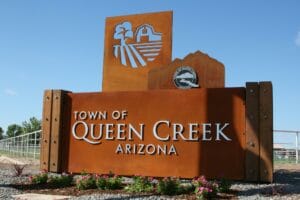CAITLIN SIEVERS
Arizona Mirror
The difficult question of who gets to decide what is lawful speech protected by the First Amendment and what is not is one of the questions that members of a legislative panel investigating Big Tech are pondering.
The Arizona House of Representatives Committee on Oversight, Accountability and Big Tech, which held its second meeting on Monday, is looking into ways to stop government officials and employees from pushing social media companies to censor speech that those officials flagged as misinformation. The creation of the ad hoc committee, chaired by Scottsdale Republican Rep. Alexander Kolodin, was at least partially inspired by the past actions of Gov. Katie Hobbs, when as secretary of state, she and others in her office asked Twitter to take down posts that contained election disinformation.
Dean John Sauer, the former solicitor general of Missouri who has won injunctions in Missouri and Louisiana blocking the Biden administration from communicating privately with social media companies to urge them to take down content, shared with the committee his thoughts on government censorship. In 2020, he was the counsel of record in an amicus brief filed on behalf of several Republican attorneys general after the 2020 election in a failed bid to challenge the results of the presidential race in Pennsylvania, Wisconsin, Michigan and Georgia.
Sauer told lawmakers that monitoring of social media posts through a collaboration among state, local and federal officials, along with academic researchers at the Stanford Internet Observatory, has been going on in the U.S. since 2020. He claimed that the federal government used these researchers to launch a “mass flagging” campaign that it could not undertake on its own.
“The federal government cannot induce private entities to do what it cannot,” he said.








